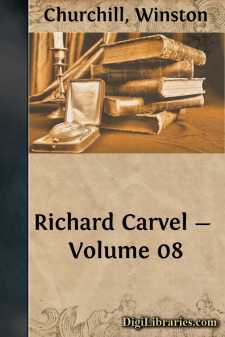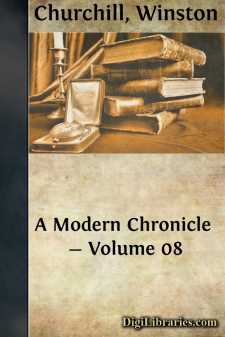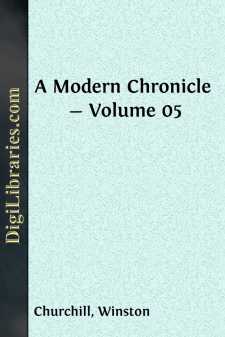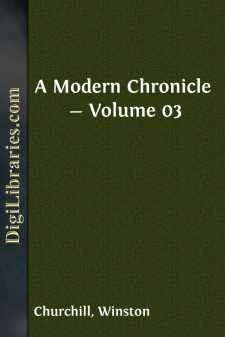Categories
- Antiques & Collectibles 13
- Architecture 36
- Art 48
- Bibles 22
- Biography & Autobiography 813
- Body, Mind & Spirit 141
- Business & Economics 28
- Children's Books 12
- Children's Fiction 9
- Computers 4
- Cooking 94
- Crafts & Hobbies 4
- Drama 346
- Education 46
- Family & Relationships 57
- Fiction 11826
- Games 19
- Gardening 17
- Health & Fitness 34
- History 1377
- House & Home 1
- Humor 147
- Juvenile Fiction 1873
- Juvenile Nonfiction 202
- Language Arts & Disciplines 88
- Law 16
- Literary Collections 686
- Literary Criticism 179
- Mathematics 13
- Medical 41
- Music 40
- Nature 179
- Non-Classifiable 1768
- Performing Arts 7
- Periodicals 1453
- Philosophy 64
- Photography 2
- Poetry 896
- Political Science 203
- Psychology 42
- Reference 154
- Religion 513
- Science 126
- Self-Help 83
- Social Science 81
- Sports & Recreation 34
- Study Aids 3
- Technology & Engineering 59
- Transportation 23
- Travel 463
- True Crime 29
The Inside of the Cup - Volume 02
Description:
Excerpt
I
Sunday after Sunday Hodder looked upon the same picture, the winter light filtering through emblazoned windows, falling athwart stone pillars, and staining with rich colours the marble of the centre aisle. The organ rolled out hymns and anthems, the voices of the white robed choir echoed among the arches. And Hodder's eye, sweeping over the decorous congregation, grew to recognize certain landmarks: Eldon Parr, rigid at one end of his empty pew; little Everett Constable, comfortably, but always pompously settled at one end of his, his white-haired and distinguished-looking wife at the other. The space between them had once been filled by their children. There was Mr. Ferguson, who occasionally stroked his black whiskers with a prodigious solemnity; Mrs. Ferguson, resplendent and always a little warm, and their daughter Nan, dainty and appealing, her eyes uplifted and questioning.
The Plimptons, with their rubicund and aggressively healthy offspring, were always in evidence. And there was Mrs. Larrabbee. What between wealth and youth, independence and initiative, a widowhood now emerged from a mourning unexceptionable, an elegance so unobtrusive as to border on mystery, she never failed to agitate any atmosphere she entered, even that of prayer. From time to time, Hodder himself was uncomfortably aware of her presence, and he read in her upturned face an interest which, by a little stretch of the imagination, might have been deemed personal . . . .
Another was Gordon Atterbury, still known as "young Gordon," though his father was dead, and he was in the vestry. He was unmarried and forty-five, and Mrs. Larrabbee had said he reminded her of a shrivelling seed set aside from a once fruitful crop. He wore, invariably, checked trousers and a black cutaway coat, eyeglasses that fell off when he squinted, and were saved from destruction by a gold chain. No wedding or funeral was complete without him. And one morning, as he joined Mr. Parr and the other gentlemen who responded to the appeal, "Let your light so shine before men," a strange, ironical question entered the rector's mind—was Gordon Atterbury the logical product of those doctrines which he, Hodder, preached with such feeling and conviction?
None, at least, was so fervent a defender of the faith, so punctilious in all observances, so constant at the altar rail; none so versed in rubrics, ritual, and canon law; none had such a knowledge of the Church fathers. Mr. Atterbury delighted to discuss them with the rector at the dinner parties where they met; none was more zealous for foreign missions. He was the treasurer of St. John's.
It should undoubtedly have been a consolation to any rector to possess Mr. Atterbury's unqualified approval, to listen to his somewhat delphic compliments,—heralded by a clearing of the throat. He represented the faith as delivered to the saints, and he spoke for those in the congregation to whom it was precious. Why was it that, to Hodder, he should gradually have assumed something of the aspect of a Cerberus?...












